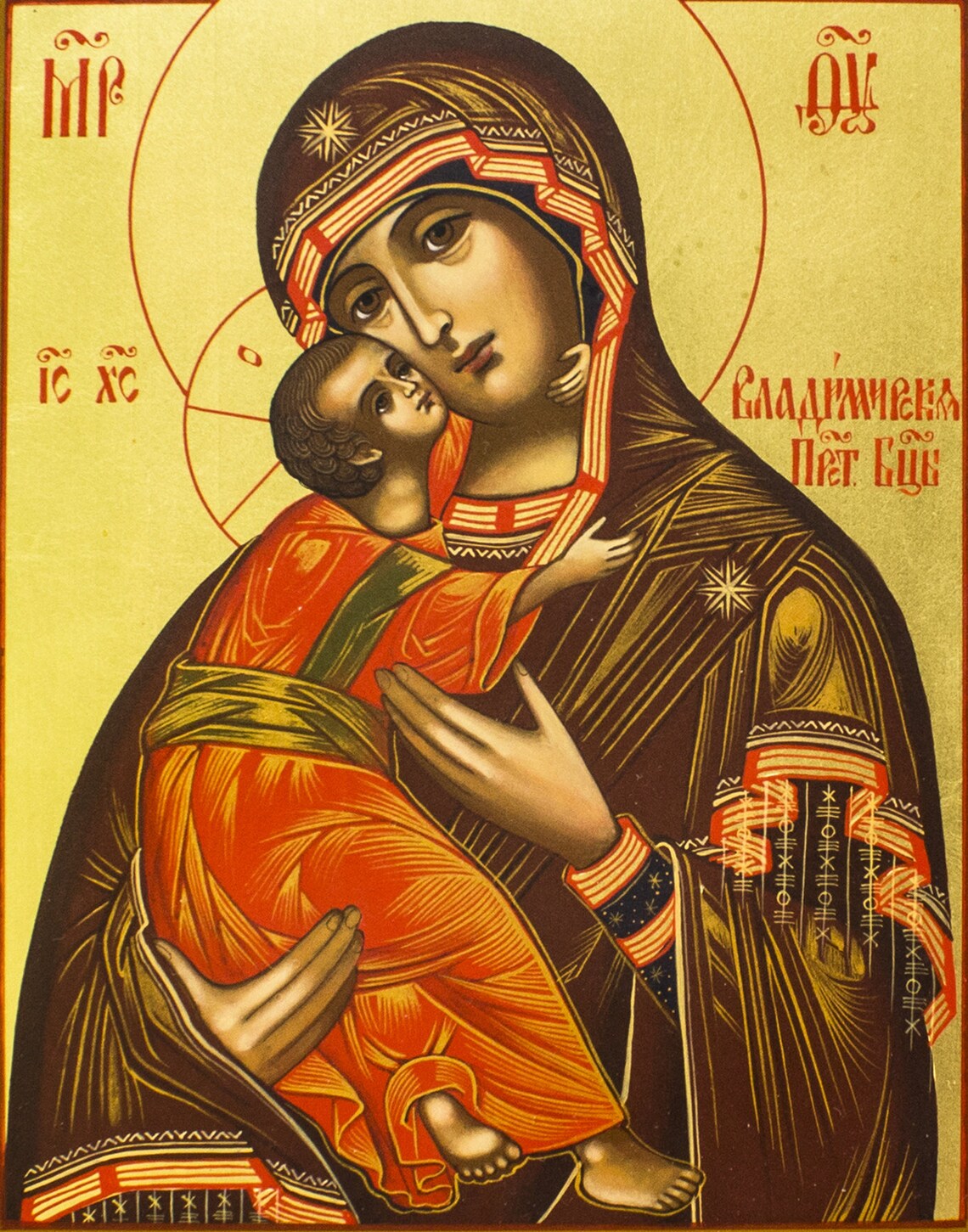
At first I wondered how that could be, how the thrill and the perfume could have survived the exigency of the plot and the ostentation of fictional characters (two of them even appear, very awkwardly, in Mary’s letters), especially as I could not believe that a stylish imitation should be able to vie with plain truth. I had not consulted Mashenka when writing Chapter Twelve of the autobiography a quarter of a century later and now that I have, I am fascinated by the fact that despite the superimposed inventions (such as the fight with the village rowdy or the tryst in the anonymous town among the glowworms) a headier extract of personal reality is contained in the romantization than in the autobiographer’s scrupulously faithful account. His Mary is a twin sister of my Tamara, the ancestral avenues are there, the Oredezh flows through both books, and the actual photograph of the Rozhestveno house as it is today-beautifully reproduced on the cover of the Penguin edition ( Speak, Memory, 1969) could well be a picture of the pillared porch in the “Voskresensk” of the novel. Readers of my Speak, Memory (begun in the Nineteen Forties) cannot fail to notice certain similarities between my recollections and Ganin’s. It is one of the very few common rules I have accepted. The beginner’s well-known propensity for obtruding upon his own privacy, by introducing himself, or a vicar, into his first novel, owes less to the attraction of a ready theme than to the relief of getting rid of oneself, before going on to better things.


Otherwise, it has remained untranslated for the impressive span of forty-five years. A German version, which I have not read, appeared a couple of years later (Ullstein, Berlin, 1928). It was finished by the beginning of the following year and published by an émigré book company (Slovo, Berlin, 1926). I started working on it in Berlin, soon after my marriage in the spring of 1925. In casting around for a suitable substitute (Mariette?, May?) I settled for Mary, which seemed to match best the neutral simplicity of the Russian title name. The Russian title of the present novel, Mashenka, a secondary diminutive of Maria, defies rational transliteration (the accent is on the first syllable with the “a” pronounced as in “ask” and a palatalized “n” as in “mignon”).


 0 kommentar(er)
0 kommentar(er)
